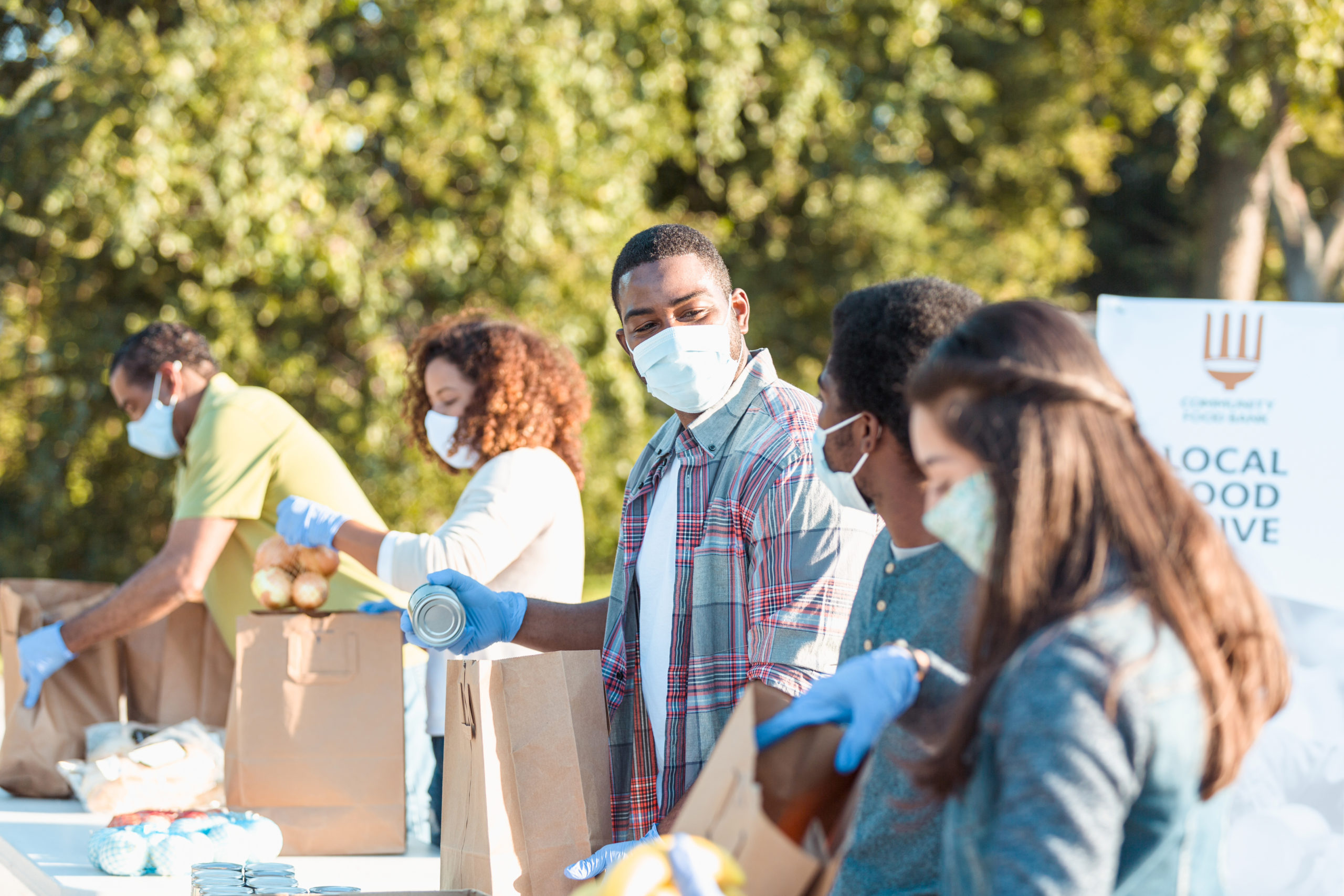Physical Controls
Cash Receipts – your office may still be receiving checks via mail. Having two individuals present is still the best practice; however this may not be feasible with COVID-19 Coronavirus restrictions. Using technology can assist when having more than one individual present is not possible. Some offices are using video conferencing, such as Apple FaceTime or Google Hangouts, to provide an extra set of eyes.
Cash Disbursements – online bill pay systems may be an option to consider. Most systems allow for multiple approval levels and users can make payments from anywhere. Set up time may be minimal and can be created with several cloud-based tools.
Board Meetings
Board Meetings – face-to-face meetings may not be a reality but your organization’s finances and operations cannot be ignored. Set up reoccurring board meetings via online meeting software such as Zoom or GoToMeeting. Screen sharing is a plus as participants can share materials on screen with the group. Double check to ensure your state allows virtual meetings and your board by-laws are up to date and allow for a quorum to convened virtually. See further resources from BoardSource.
Grant Funds
Additionally, in response to the recent challenges that nonprofits are facing, the Oregon Community Foundation, in partnership with several other local foundations, has established a COVID-19 fund called the Oregon Community Recovery Fund. You may consider applying if you have not already. https://oregoncf.org/grants-and-scholarships/grants/oregon-community-recovery-grants/
Loan Funds and Financial Assistance
Nonprofits are able to obtain funding from the Small Business Administration (SBA). Under certain circumstances, the loans may be forgiven. The following types of funding are available:
- Paycheck Protection Program 7(a) Loans – PPP
Nonprofits may borrow up to 2.5 times their payroll costs (with certain exclusions) to use on payroll and related benefits, mortgage interest, rent and certain utilities. Funds spent in a defined 8-week period may be eligible for forgiveness and any funds not forgiven may be eligible for loan terms with payment deferrals for 6 months, up to a two-year repayment period, and maximum fixed interest rate of 1%. Applications will begin April 3, 2020 through qualified financial institutions for access to the $350 billion. Remember to use a preferred SBA lender to eliminate longer wait times in the underwriting process. Be prepared with supporting documents including 12 months of payroll reports for 2019 as well as payroll reports around February 15, 2020 for verification of eligible payroll.
https://www.uschamber.com/sites/default/files/023595_comm_corona_virus_smallbiz_loan_final.pdf - Expanded Economic Injury Disaster 7(b) Loans & Emergency Grants– EIDL
Loans available to many nonprofits (excludes religious and some specific charitable organizations) for funding up to $2 million. Applications are processed through the SBA directly and up to $10,000 may be forgiven. Remaining loan terms are repaid at a 2.75% interest rate.
https://www.councilofnonprofits.org/trends-policy-issues/loans-available-nonprofits-the-cares-act-public-law-116-132
Other Impacts of the Coronavirus Aid, Relief and Economic Security Act (CARES) on Nonprofits
The law was signed by the President March 27, 2020 and provides several key provisions for nonprofits.
Charitable contributions – Provides an “above the line” deduction for individuals up to $300 even if the standard deduction is used by the taxpayer. Donations must be made in cash and cannot be to a donor advised fund or 509(a)(3) organization. Make sure your nonprofit has plans in place to continue fundraising efforts to take advantage of these funds.
Impacts on nonprofits are changing daily; Follow McDonald Jacobs on LinkedIn and Twitter to stay up to date on any new information!
Our McDonald Jacobs nonprofit Shareholders team:




